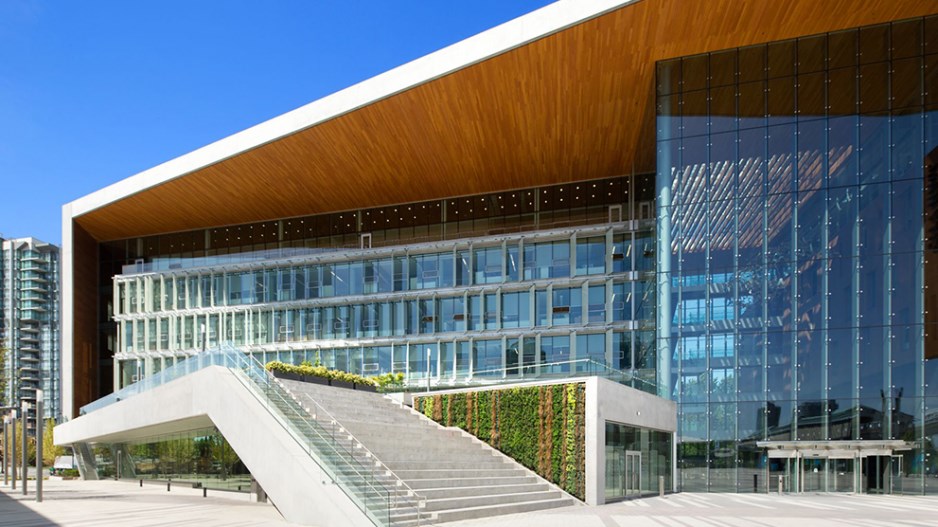The City of Surrey announced Wednesday it is estimating a budget shortfall of up to $42 million to year-end as a result of the pandemic response.
The estimate, ranging from $37 million to $42 million, assumes some COVID-19 restrictions will ease by early summer. The city is losing about $4 million monthly, according to a statement from the mayor’s office.
There are no details given about the budget shortfall estimate. The city claims it has taken “several proactive measures to minimize the financial impacts during this unprecedented time.”
It’s unclear what the shortfall entails — whether it includes anticipated non-payment of property taxes or if it is largely a result of departmental revenue losses.
The city announced it had already deferred utility payments by 90 days and announced council will look to extend property tax payments to September 2, from July 2 — neither of which are factors that would impact the budget shortfall.
It is also unclear at this point how exactly the city is offsetting revenue losses with adjustments to expenditures, such as cuts to the workforce, services and/or capital projects.
Mayor Doug McCallum claimed the city had actually anticipated economic disruption before COVID-19 was declared a pandemic on March 11.
“The City of Surrey has been working long before COVID-19 was declared a pandemic to find ways to weather the storm,” said McCallum. “As a result, we are operating in a position of relative strength during this unprecedented time. While there remains a financial burden to bear, we are ensuring that the city’s fiscal house remains stable as we concentrate on delivering the services that are within the mandate of the city.”
But compared to other B.C. cities, Surrey’s ratio of reserves to annual operating budget is among the poorest.
Surrey only has $82 million in reserves (to December 2018) but has total pre-pandemic projected operating expenses (excluding utilities) of $483 million for 2020.
Projected operating revenues total $541 million in 2020 with $58 million being transferred to capital projects, including a $25 million police transition fund.
McCallum has maintained the police transition, the city’s single largest expense in 2020, is proceeding as planned.
Taxes account for $386 million of Surrey’s projected 2020 revenues. City hall also projected $90 million in departmental revenue, including $35 million from parks, recreation and culture — an obvious revenue stream lost during the pandemic with the closure of recreational facilities. Bylaw revenues accounted for $10 million of revenue and policing was to have brought in $8 million.
The city stated on April 3 it has laid off just over 2,000 employees, the vast majority of them part-time auxiliary staff.
According to Joey Brar, Surrey’s director of human resources: “The City of Surrey is providing 28 days of pay continuity for part time and auxiliary staff and 42 days of pay continuity for regular staff that have been temporarily laid off. The temporary layoffs affect 1,276 part time/auxiliary staff who worked in 2020 an average of 2.7 hours per week prior to the pandemic. Approximately 600 part time/auxiliary staff who have not worked for the City this year but have worked some hours for the City within the last 12 months were also given notice. Many of the part time/auxiliary employees have other employment outside the City. 140 regular staff have been temporarily laid off by Surrey Libraries. The staff reductions are exclusively due to the COVID-19 pandemic and are temporary.”




